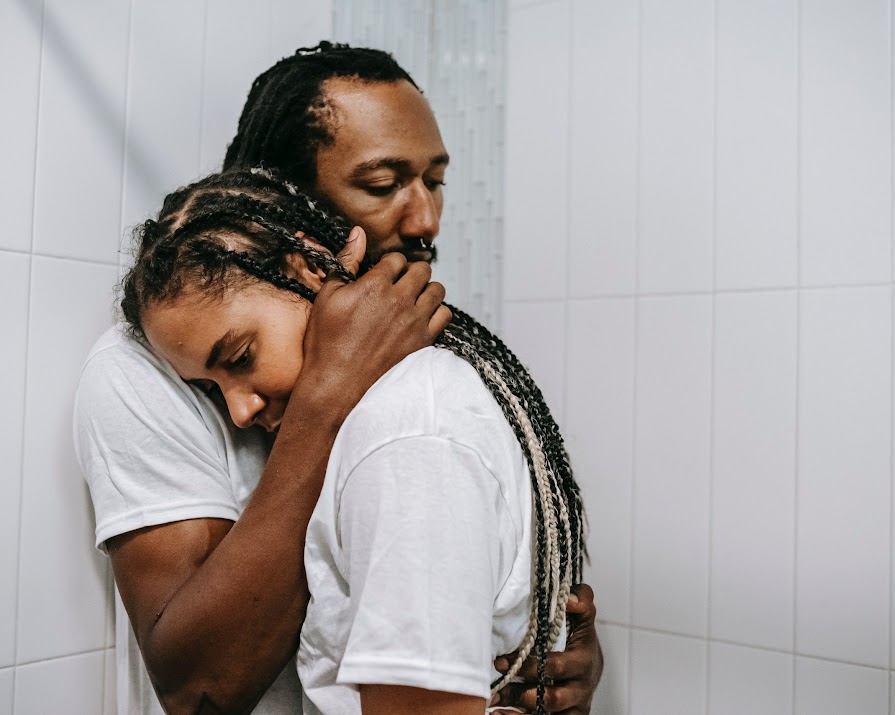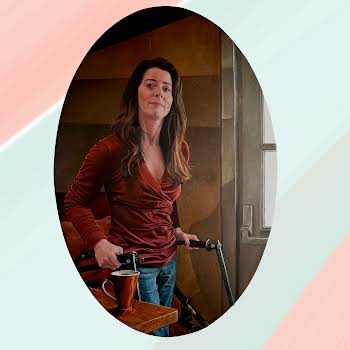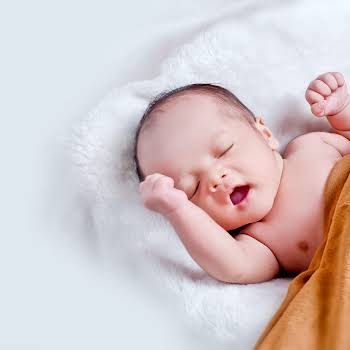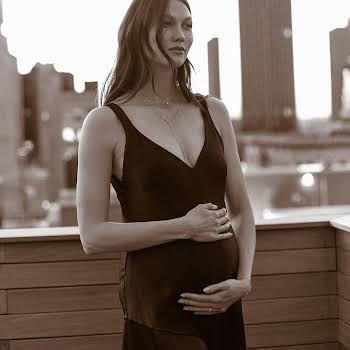One of Ireland’s foremost pregnancy loss clinicians, Professor Keelin O’Donoghue on coping with multiple miscarriages
By Meg Walker
14th Feb 2022
14th Feb 2022
Campaigning for improved maternity care and more extensive research into pregnancy loss, Professor Keelin O'Donoghue answers one woman's question about experiencing two miscarriages after a healthy, successful pregnancy
Following on from the results from our reader survey on fertility, we asked you what you want answers to. From male fertility issues to egg donation, we get the experts’ advice on all things fertility.
Our next topic is one sadly familiar to many women. One in four pregnancies end in miscarriage yet it’s rarely spoken about and woefully under-researched. Professor Keelin O’Donoghue, one of the country’s foremost clinicians on pregnancy loss, is trying to change that.
Our reader’s question
“I have one healthy child who’s now three and was conceived naturally. I’m now 34 and have experienced two unexplained miscarriages in the last year and a half. I’m devastated and feeling lost. Is there a reasonable chance I will ever carry another pregnancy to full term and have a healthy second baby in the end? What can be investigated and from what point? It seems to me that some hospitals and GPs won’t intervene until you have had three pregnancy losses and I don’t wish to lose any more time trying for another child. Please help.”
Our expert
Professor Keelin O’Donoghue is a consultant obstetrician at Cork University Maternity Hospital and Principal Investigator at INFANT, the Irish Centre for Maternal and Child Health Research. She established and runs the multiple pregnancy and pregnancy loss services at CUMH. She leads the Pregnancy Loss Research Group and the HRB-funded RE:CURRENT Project, which is currently evaluating recurrent miscarriage services in Ireland.
Professor O’Donoghue’s advice
Every miscarriage is different, and there is no right way to feel about it. Miscarriage can be a devastating experience. For some women, it is a great sadness and the emotional pain lingers; others are upset at the time but recover quickly. For some people, having a miscarriage is not something you necessarily “get over”. Many feel instead that they learn to cope with the loss.
Friends and family won’t always say the right things either, but there are plenty of places to go to for help and support, from online resources to advice from family practitioners (GPs) and counsellors who specialise in pregnancy loss.
Recurrent miscarriage has traditionally been defined as the loss of three or more early pregnancies. However, increasingly two consecutive miscarriages are being internationally accepted as an improved definition, which I hope is where we can move to in Ireland, informed by our RE:CURRENT study.
This type of miscarriage story is always unanticipated for women. Having had a normal, healthy pregnancy, no one expects to experience successive miscarriages. We also know that women are affected emotionally by miscarriage, irrespective of whether they have living children already.
For someone of this age, the chance of a future healthy pregnancy is very high, and not very different to other women. That statement on its own doesn’t always help and isn’t enough for many women. It’s easy to lose confidence in pregnancy, and we know from research that women want to know what happened and don’t want to try again unless they have more concrete reassurances for the future.
We don’t always know why miscarriages happen, which makes it difficult to prevent them. Sometimes the cause is known or we find a cause after investigation, but often it isn’t or can’t be found. However, some women benefit from medical treatment in the next pregnancy even if the cause of repeated miscarriage is “officially” unexplained. Being aware of treatment options and support available may improve the feeling of control during the miscarriage event and afterwards, and this possibly has a positive effect on future pregnancy outcomes.
The kind of care that women or couples receive from their GP, hospital or community medical staff can make a real difference in how they cope with the experience of early pregnancy loss. Find an interested GP or clinician (midwife or doctor) experienced in pregnancy loss to help you at this stage.
Talking about exactly what happened, looking for any risk factors to change, be that medical or modifiable lifestyle factors, and sometimes suggesting some simple clinical investigations (such as checking thyroid function) are all useful things to do. Overall, making a supportive care plan for the next pregnancy, including visits, scans and continuity of care in an early pregnancy clinic is key.
Resources for parents, families, health professionals, and anyone who needs information and support about pregnancy and/or infant loss
Pregnancy & Infant Loss Ireland provides helpful information about pregnancy loss as well as a directory of support services.
A valuable resource for parents who experience pregnancy loss or perinatal death, this website provides accurate and accessible information on a sensitive and often stigmatised subject, shares the latest research into the causes of baby loss, promotes emotional wellbeing, and offers details on how to access the appropriate support services.
The Miscarriage Association of Ireland is a charitable body set up by and with the support of women and men who have experienced the loss of a baby through miscarriage.























